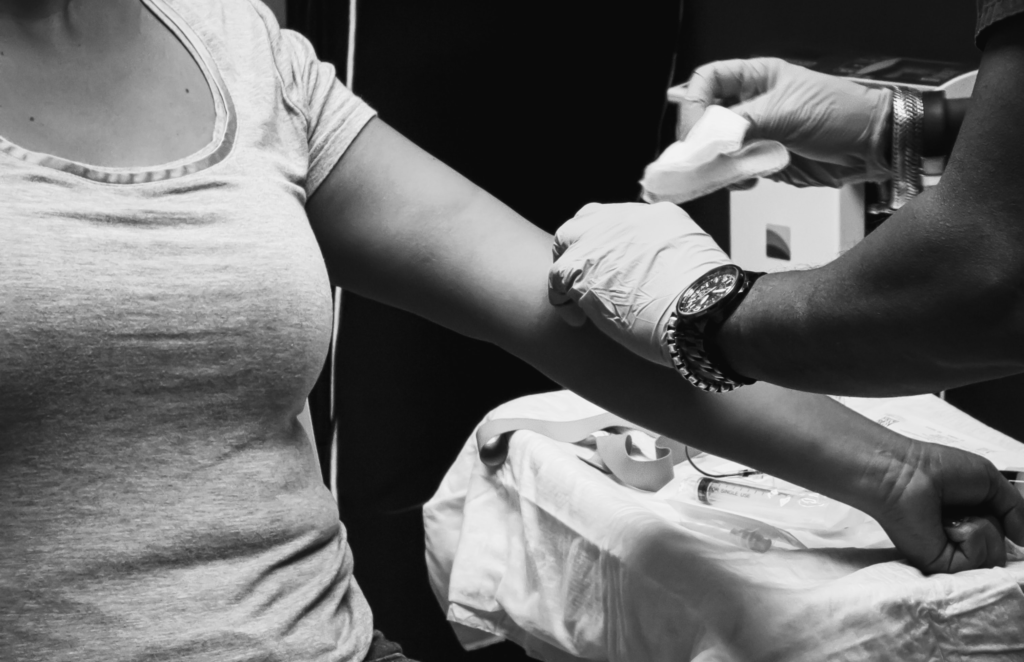What should I do…and when should I do it?

I recently read an article that electronic health record data showed a sudden drop in preventative cancer screenings for March 2020 in the United States. It showed a decrease of 86% – 94% in preventive cancer screenings for cervical, colon, and breast cancers, compared to average volumes in the three years prior. This drop in preventive pap smears, colonoscopies, mammograms, etc. is presumably due to disruptions in routine healthcare caused by COVID-19. The data suggests that if the trend continues, many cancer cases could go undiagnosed or be diagnosed at a later stage resulting in poorer outcomes. It made me think about whether or not I should resume my routine screenings with my healthcare providers. I started researching when it would be safe to resume screenings and what measures have been put in place to reduce the risk of exposure.
This is what I found. As part of plans to restart routine healthcare after/with COVID, many facilities have prepared strategies to safeguard patients and staff by minimizing chances for exposure. Some of these strategies include:
- Temperature checks and symptom screenings of all staff and visitors prior to entering the facility.
- Requiring all patients and visitors to wear face coverings.
- Requiring all employees to wear face masks and eye protection during any patient care.
- Screening patients by phone prior to appointments.
- Implementation of detailed cleaning protocols – some facilities are even using UV disinfection protocols.
I thought that these strategies seemed reasonable and that I would feel comfortable visiting my healthcare provider if these measures were in place. I then realized that many of my annual screenings take place in large facilities where COVID patients are being cared for and I started having second thoughts.
I researched more and found this. If you are visiting a facility that is caring for COVID patients, many of these facilities have implemented procedures to prevent the spread of the virus. Most facilities have dedicated areas where these patients stay and limit the amount of movement of these patients throughout the facility as much as possible. If a patient does need to be moved, then they are masked. Additional testing has been implemented and some facilities are moving towards universal testing on admission. In addition, they are testing patients before procedures. These findings made me feel good about going to the hospital for my annual screenings, but I wanted to know what the experts are recommending for the general public.
Experts suggest that if you are due for a routine cancer screening or were scheduled for a routine cancer screening and cancelled your appointment, it is important to reschedule these appointments. The experts suggest that delaying cancer screenings by a month or two is safe. What your health care provider does not want is for you to think that it’s okay to skip screenings all together. Things may be on hold at the moment, but you will need to keep up with your preventive screenings as things start opening back up. Many experts also suggest practicing tips to reduce your cancer risk, which include eating a healthy diet, getting at least 30 minutes of physical activity 3-5 days a week, and protecting your skin from the sun.
What I learned from my “research” is that many healthcare facilities are taking proper precautions to ensure the health and safety of both staff and patients. As long as we are following the recommended guidelines for protecting ourselves against the virus, then it is safe to visit these facilities. When you call to make your appointment, you can ask what precautions are being taken at that facility, since each place is different. Also, we need to be in tune with our bodies and if we sense that something needs to be brought to our providers attention, we should not ignore it. We should take care of our bodies and stay healthy. We need to make sure that we do not skip our appointments, but remember to reschedule them for the near future. Preventative health screenings can save lives, so we must stay current with routine screenings.
Courtney is a Radiation Therapist at Penn Medicine in the Department of Radiation Oncology. She completed her Bachelor’s Degree in Radiation Therapy from Indiana University, and received her Master’s Degree in Public Health with concentrations in Health Management and Policy and Health Education and Promotion from Benedictine University. She has fourteen years of experience in radiation therapy, which includes an expertise in proton therapy and pediatrics. Courtney has worked with OncoLink since 2014, but joined part-time in 2020 as a Global Education Coordinator and is currently developing virtual reality training modules that have been used to train radiation therapists both domestically and internationally.
Thanks for this link , very informative.This has helped me tremendously. Being a nurse does not mean you know every corrective measure or all the answers.I have been healthy for 62 years .Now I am living with cancer and the after effects of radiation treatment.Just giving praises and thanks for every day.Still have ability to work has been great ?